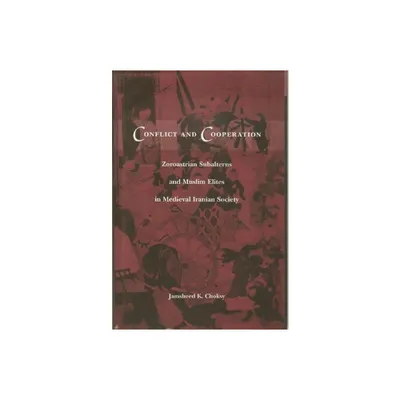Home
Greece and Turkey Conflict Cooperation: From Europeanization to De-Europeanization
Loading Inventory...
Barnes and Noble
Greece and Turkey Conflict Cooperation: From Europeanization to De-Europeanization
Current price: $180.00


Barnes and Noble
Greece and Turkey Conflict Cooperation: From Europeanization to De-Europeanization
Current price: $180.00
Loading Inventory...
Size: Hardcover
*Product Information may vary - to confirm product availability, pricing, and additional information please contact Barnes and Noble
This book offers a sober, contemplative and comprehensive coverage of Greek–Turkish relations, covering in depth the current political climate, with due regard to the historical dimension.
The book includes up-to-date accounts of the traditional areas of unresolved discord (Aegean, minorities, Cyprus, the Patriarchate), with emphasis on why they remain contentious, despite the thaw in Greek–Turkish relations from 1999 until recently. It also covers new topics and challenges that have led to cooperation as well as friction, such as unprecedented economic cooperation, energy resources, or the refugee crisis. Furthermore, the volume deals with the ‘Europeanization’ of Greek–Turkish relations and other facilitating factors as they appeared in the first decade of the 21st century (including the role of civil society) as well as the contrary, ‘de-Europeanization’ from the 2010 onwards, which presages a hazardous downward trend in their relations, often not helped by the media in both countries, which is also examined.
This volume will be essential reading to scholars and students of Greek–Turkish relations, more generally Greece and Turkey, and more broadly to the study of South European Politics, European Union politics, security studies and International Relations.
The book includes up-to-date accounts of the traditional areas of unresolved discord (Aegean, minorities, Cyprus, the Patriarchate), with emphasis on why they remain contentious, despite the thaw in Greek–Turkish relations from 1999 until recently. It also covers new topics and challenges that have led to cooperation as well as friction, such as unprecedented economic cooperation, energy resources, or the refugee crisis. Furthermore, the volume deals with the ‘Europeanization’ of Greek–Turkish relations and other facilitating factors as they appeared in the first decade of the 21st century (including the role of civil society) as well as the contrary, ‘de-Europeanization’ from the 2010 onwards, which presages a hazardous downward trend in their relations, often not helped by the media in both countries, which is also examined.
This volume will be essential reading to scholars and students of Greek–Turkish relations, more generally Greece and Turkey, and more broadly to the study of South European Politics, European Union politics, security studies and International Relations.


















